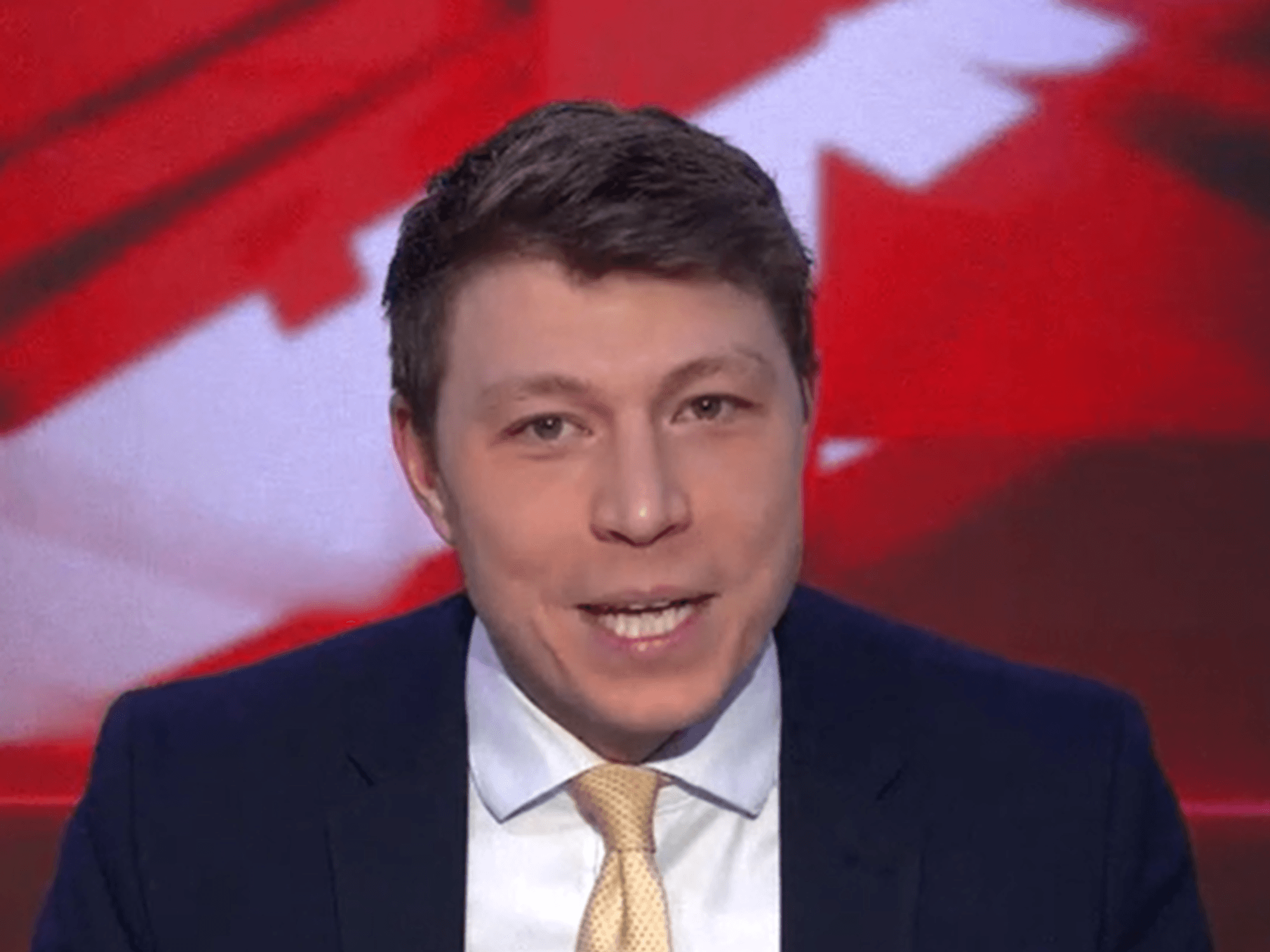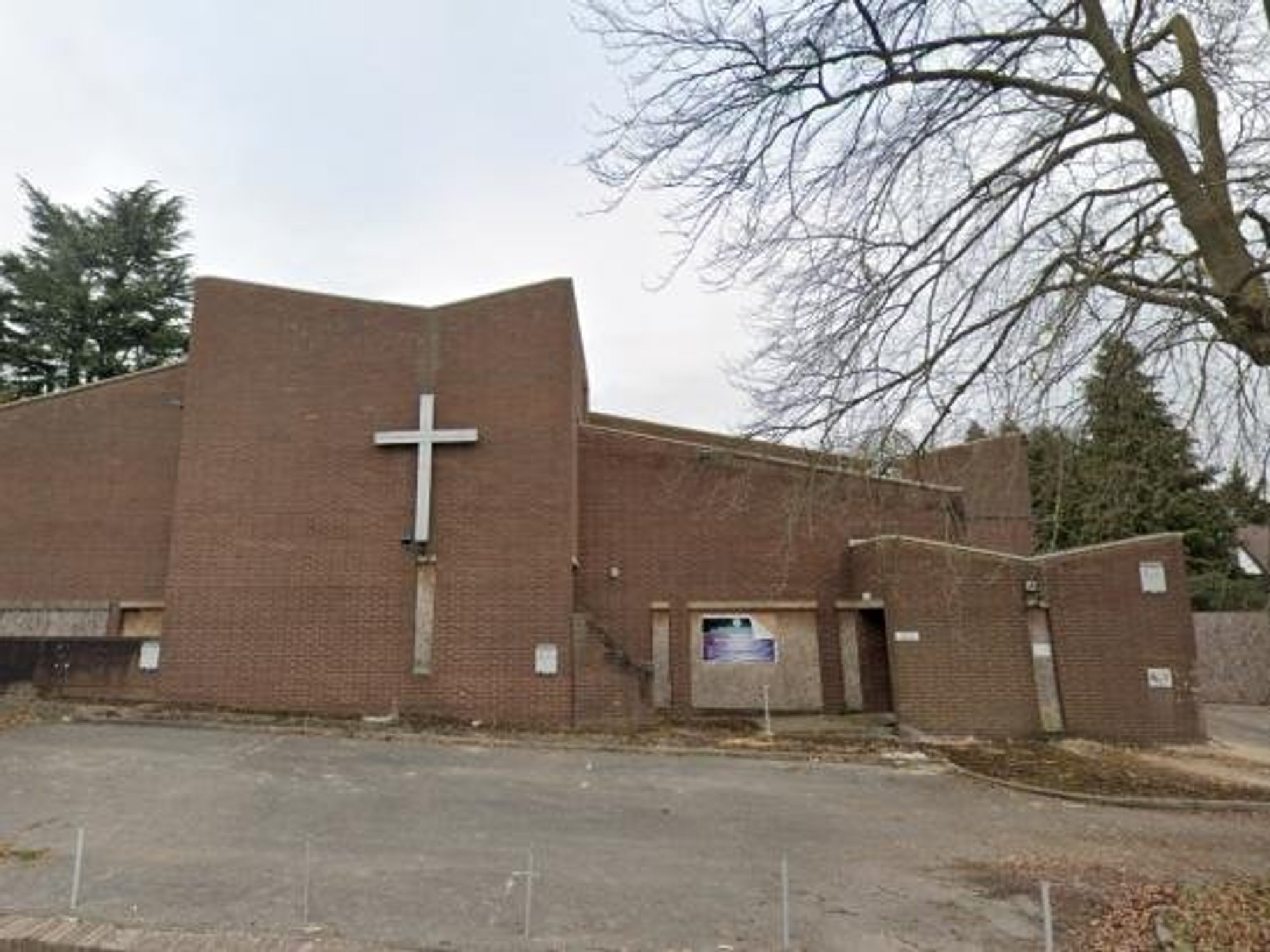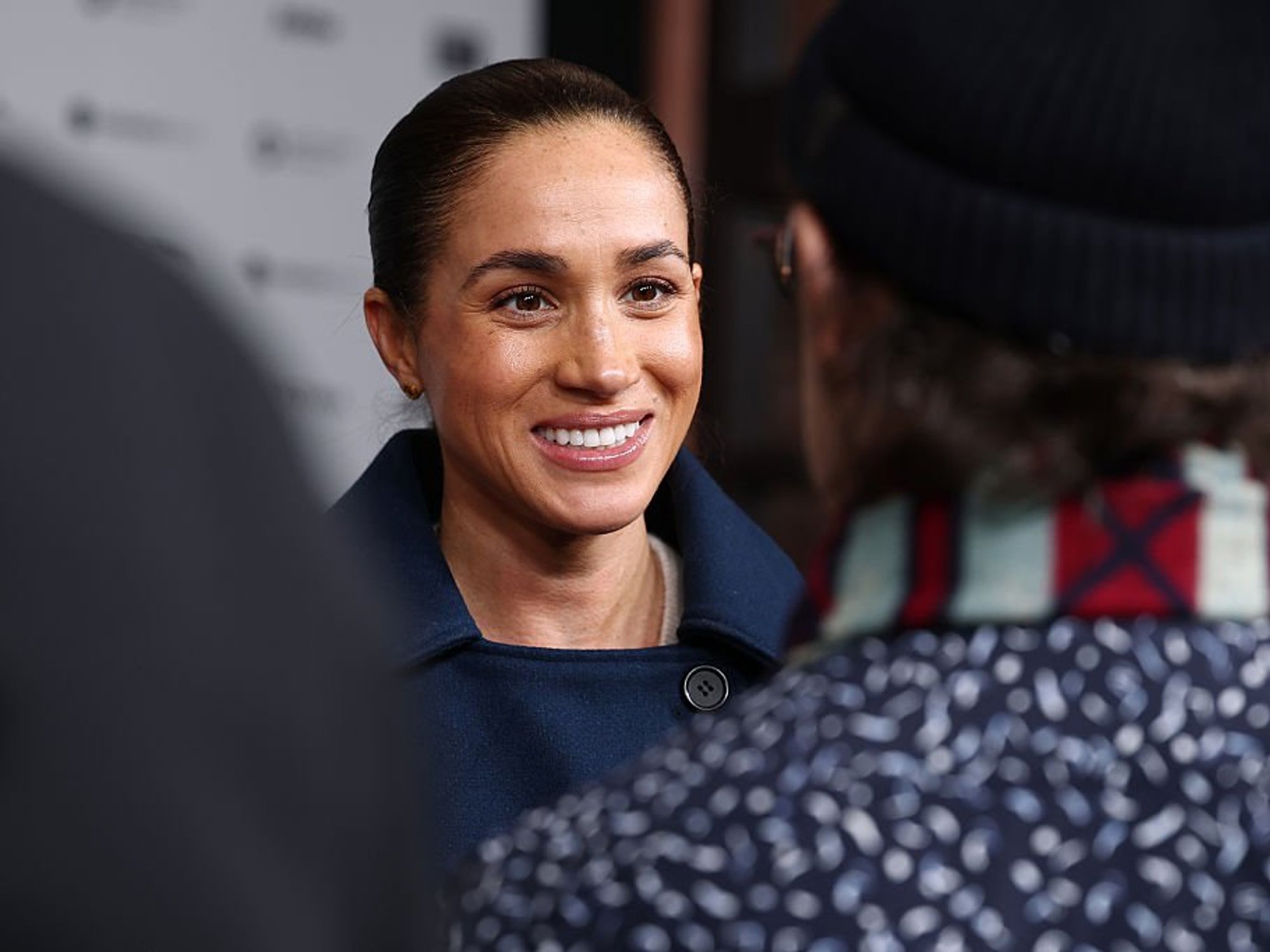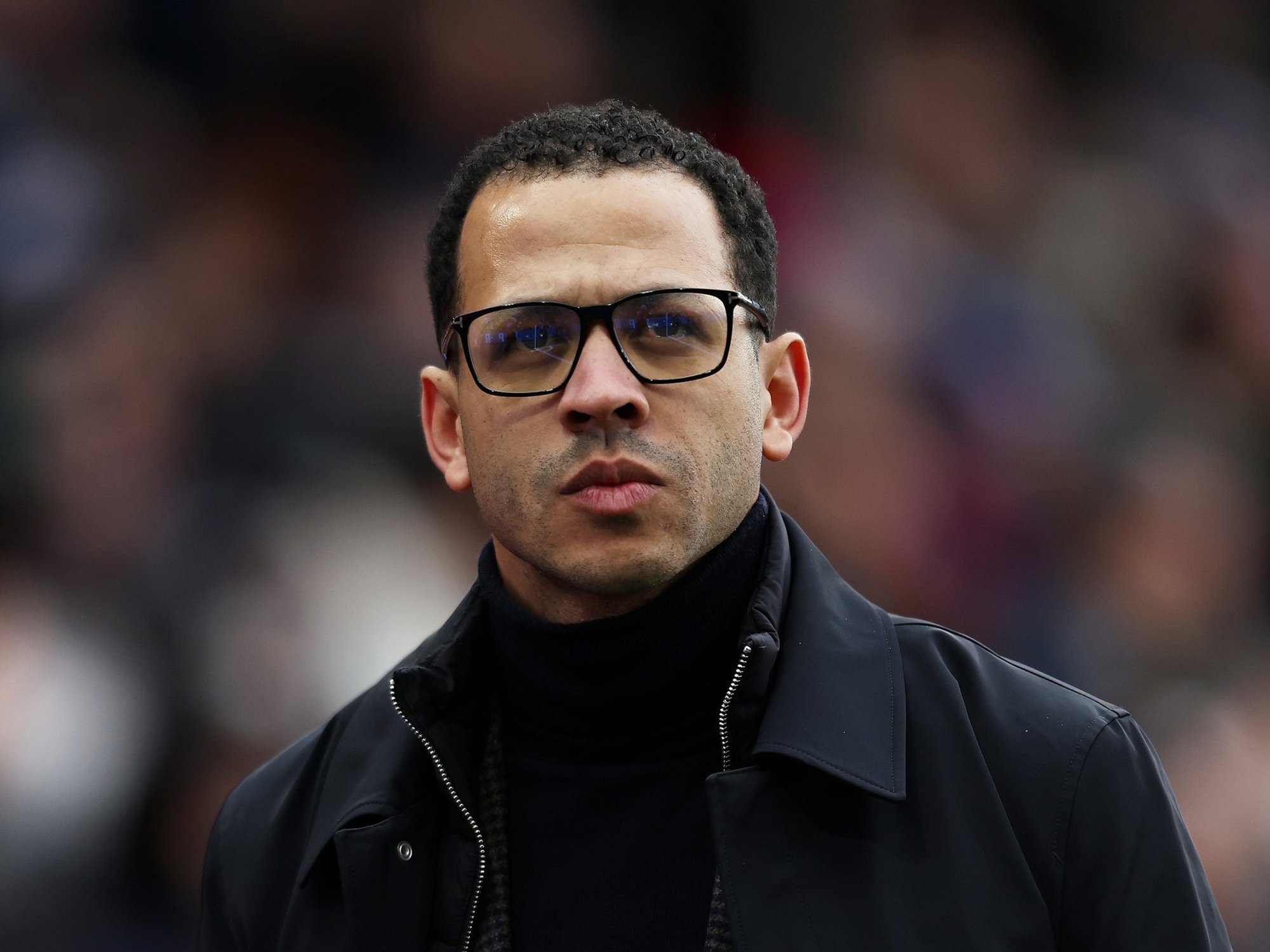No spectators at Tokyo Olympics after state of emergency declared

None | Adam Davy
Rising infection rates in Tokyo prompted the Japanese government
Don't Miss
Most Read
Latest
Spectators will be barred from Olympic venues this summer, with organisers insisting it was the “only choice” after a new state of emergency was declared in Tokyo.
The news is the latest setback for the Games, which was initially postponed for 12 months due to the coronavirus pandemic.
The pandemic continues to have a major impact on preparations for the event, with rising infection rates in the Tokyo region prompting the Japanese government to reimpose emergency measures for a fourth time.
Olympic events taking place in regions of Japan where emergency measures have not been imposed may still admit spectators if the relevant local authorities opt to do so, a statement from the organisers said.
Tokyo 2020 organising committee president Seiko Hashimoto said on Thursday: “This is a sorry message that we have to announce, but this was the only choice available to take.”
Last month organisers announced plans to allow 50 per cent capacity at Games venues, up to a maximum of 10,000, but the declaration of the state of emergency from Monday forced them into a rethink.
Asked about how athletes would feel, Hashimoto said: “They wanted a lot of people to watch their performances, but many of the Japanese public were worried about the Covid-19 situation, even with the solid countermeasures, because of the flow of people and because of various concerns.
“The anxiety is being expressed and a lot of people are opposed. Every person is entitled to have every different thought but overriding these differences, athletes will do their best.”
Attendance at regular professional sports events in areas of Japan under emergency measures is permitted if capacities are capped at 50 per cent or 5,000, whichever is lowest. Such events should go on no longer than 9pm.
Explaining why Games organisers had opted to go further, Tokyo 2020 chief executive Toshiro Muto said: “If you compare the Olympic Games and professional baseball, clearly there is a difference.
“(Olympic) events are held simultaneously. In the case of the Olympic Games, the degree of popularity and the size of the movement of people, it would be a larger scale of activity.”
Muto said International Olympic Committee members and executives from international sports federations and national Olympic committees would still be admitted to venues.
“These are not spectators, they have roles to play,” Muto said, before confirming that “key clients” such as sponsors would not be able to attend events where the general public were barred.
Muto said there would be a review of the medical provision for the Games in light of the decision on spectators.
Children involved in a schools programme had been exempt from initial capacity limits, but Muto confirmed that in prefectures where spectators were now not permitted it was “most appropriate” to suspend plans to let them in.
Organisers took the decision to bar overseas spectators from the Games back in April. All Games participants will be governed by strict protocols contained in ‘playbooks’ designed to limit the spread of Covid-19.
The Olympic Games officially begin on July 23, with the closing ceremony taking place on August 8.
A decision on spectators for the Paralympic Games – which run from August 24 to September 5 – will be taken on July 16, organisers said.
The announcement of a state of emergency coincided with IOC president Thomas Bach’s arrival in Tokyo.
He said prior to the crisis meeting: “We will support any measure that is necessary to have a safe and secure Olympic and Paralympic Games for the Japanese people and all participants.”










